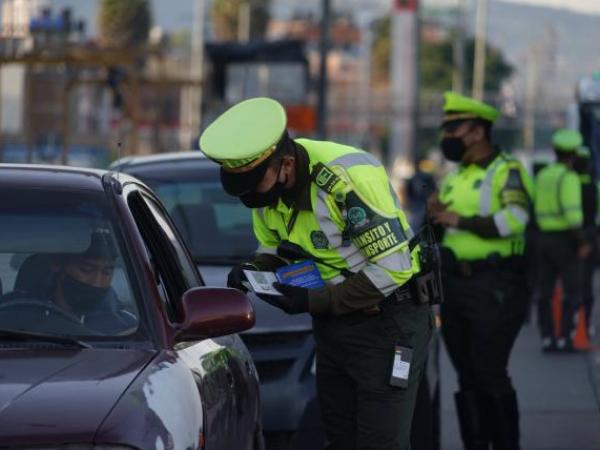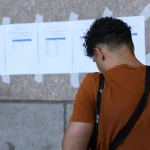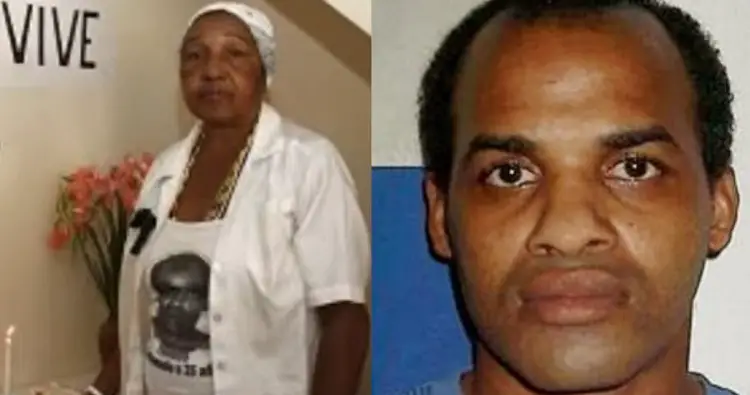According to Police Codewhen a uniformed officer knows that a behavior contrary to citizen coexistence was committed, he can issue an order to summon the alleged offender.
(These are the expensive Police Code fines.)
This subpoena can be a corrective measure or an order to appear before an authority. However, it can be controversial if the affected person does not agree with its imposition.
First of all, it is important to understand that in the case of subpoenas the Police Code contemplates two moments: the immediate verbal process and the abbreviated verbal process.
The first is applied by the police officers who approach the citizens in the place where the behavior contrary to coexistence is being committed, there they are informed that their action is an offense, and they are obliged to listen to the reasons given by the people in front of them. to his behavior. After listening to them, the policeman must weigh the situation and, if he considers it, impose a corrective measure through subpoena.
(Repeals rule that prohibits alcohol consumption in public spaces).
If the citizen does not agree with the subpoena, they can appeal at that moment and the police officer will have to refer the case to the Police Inspector within 24 hours so that it can be resolved within the following 3 business days.
If they do not want to do so at that precise moment, citizens can also object to the subpoena within 3 business days following its imposition, but they will have to do so not before the police officer who imposed the subpoena but before the Police Inspectorate of the area in which the events occurred.
The second moment that contemplates the Police Code In front of subpoenas it is the abbreviated verbal process, which is carried out before police inspectors, who are administrative authorities in charge of verifying if a subpoena is adequate or not.
An objection to the subpoena can be filed before the inspectors and then wait for the inspector to call a hearing to hear the arguments and evidence of both the person affected by the subpoena and the uniformed officer who imposed it. At the end of the procedure, the police inspector will report whether or not he maintains the average.
(This is the salary scale in the Police, after salary increases).
On the other hand, if the penalized person continues to be dissatisfied even with the decision of the police inspector, they have the right to file appeals and, alternatively, the appeal, both are requested and supported in the same hearing.
In the replacement, the inspector is explained why he does not agree with his decision, and this same authority must analyze his arguments and resolve at the same hearing if he modifies or revokes his determination.
If the inspector does not change his position after the reinstatement, there is the possibility of appealing the subpoenas. This appeal is manifested in the same hearing and will then be sent to the inspector’s hierarchical superior within the following two days. The appeal must be filed again before that superior within two days of receiving the appeal. To resolve the appeal in substance, that authority has eight business days, counted from the receipt of the appeal.
For more information in this regard, you can consult articles 222 and 223 of Law 1801 of 2016, which is the National Police and Coexistence Code.
JUSTICE
















